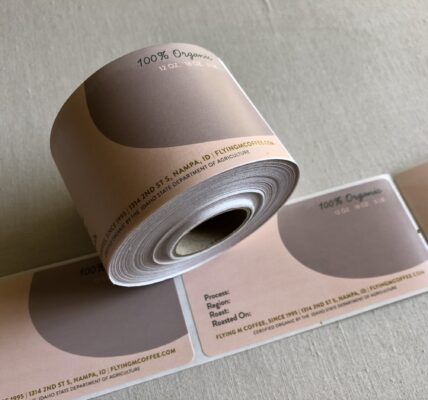For manufacturers, several types of machinery are essential to their production processes. Keeping that equipment in optimal condition is vital. It helps to reduce repair costs and unnecessary downtime and may even lower your overall operating expenses. It also ensures you’re continually able to meet your customers’ needs and expectations. Though a long list of measures can make machinery last longer and keep it operating at peak performance levels, cable carriers are certainly an important piece of the puzzle.
Tips for Choosing the Right Cable Carriers
An array of cable carriers is currently on the market. They’re made of different types of materials and designed to meet different production requirements. Not all of them are right for all applications, though. Some are stronger, more flexible, and more resistant to the elements than others. Keep the following factors in mind to help you choose the right High-Quality Industrial Cable Carriers to protect your equipment and foster your manufacturing processes.
Operating Requirements
For one, your operating requirements will help you choose the right cable carriers for your machinery. For high-speed applications, you’ll need cable carriers that produce as little friction as possible. For heavy loads and high levels of stress, you’ll need versions that are capable of withstanding the added strain. In either case, you’re likely to need cable carriers that can hold up against constant use and repetitive motion. Determine your operating requirements before delving into your search for cable carriers for your machinery.
Environmental Factors
Consider environmental factors as well. What types of hazards is your machinery up against? Some of the most common elements here are extreme temperatures, dust, debris, and moisture. Exposure to radiation, chemicals, and other factors could be an issue as well. Not all cable carriers can withstand those outside forces. Be sure to choose versions that are designed to hold up against any environmental hazards that may arise. Otherwise, they may not provide the protection you need to keep your equipment up and running.
Flexibility and Travel Distance
Additionally, a cable carrier’s ability to move along with your machinery is important. That applies to its capacity to hold all the wires and hoses you need it to while still being able to keep up with the motion of your machinery. If it needs to move across long distances, it may need extra built-in support mechanisms. For high-stress situations, reinforcements may also be necessary. Be sure to choose cable carriers that can handle the movement of your equipment without succumbing to excessive strain, friction, and other issues.
Choosing Suitable Cable Carriers for Your Machinery
Cable carriers can go a long way toward protecting your machinery’s wires and hoses and keeping your equipment up and running. Numerous types of carriers are available, and they can be made of a variety of materials. Consider your operating requirements, the hazards your machinery is up against, and the travel distance and flexibility of different options to find one that’s suitable for your machinery. Keep in mind that customized cable carriers can also be designed to better meet your distinct needs.
Hey there! I’m a self-proclaimed Twitter addict and an unapologetic coffee lover.









